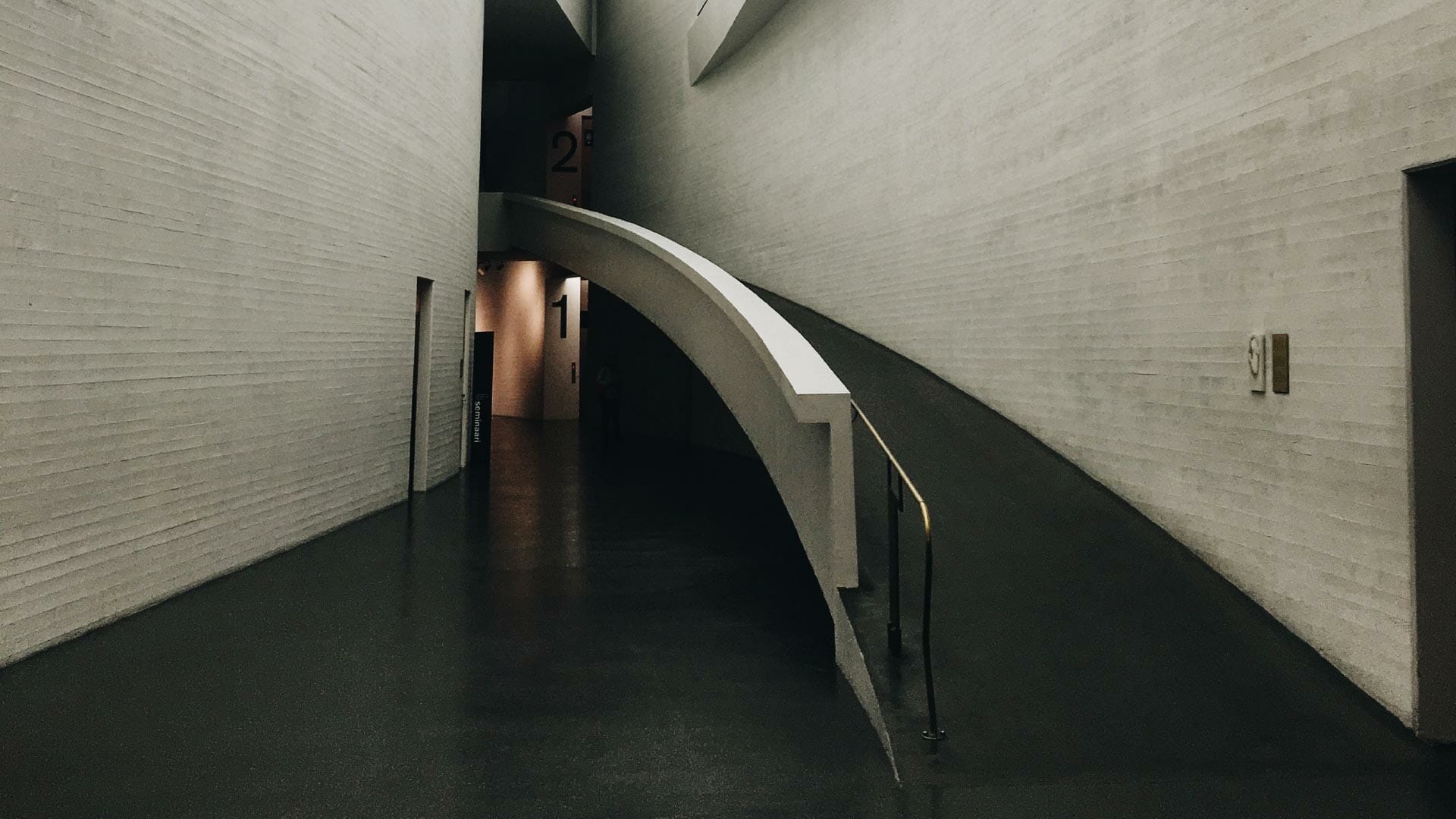
With the London Plan bringing in tighter accessibility rules for the capital, building control authority, Bureau Veritas is encouraging the UK’s construction sector to ‘join the step-change’ in ensuring new buildings are designed to be more inclusive and accessible than ever before.
Implemented on 2 March 2021, the London Plan sets out City Hall’s planning blueprint for the capital in the coming years. One of its most fundamental features is the new rules on accessibility, which mean developers must now include evacuation lifts in all new buildings – enabling all users such as those in a wheelchair to have an independent means of escape in emergency situations.
Describing the new rules as ‘long overdue’, Bureau Veritas, which has helped some of the UK’s most prominent organisations meet evolving accessibility standards, is calling on developers and architects across the nation to ‘spearhead a new era for accessible and inclusive building design’ by following London’s example and enacting these new rules.
Andy Lowe, Technical Director at Bureau Veritas Building Control UK, explains: “As a long overdue step-forward, the new rules for evacuation lifts contained in the London Plan are currently the most robust standards for progressing accessible and inclusive design of new buildings.
“Currently the London Plan only applies to new construction projects in the capital. Yet, at a time when developers and architects are increasingly under pressure to demonstrate how they’re making the built environment more accessible for the most vulnerable groups in society – the construction industry should join this step-change now and in-doing so spearhead a new era for accessible and inclusive building design.”
“Naturally, to do this well, the sector needs to fully understand and apply the changes as early in the planning process as possible, which will require time, investment and the expertise of a third-party specialist such as Bureau Veritas.”
According to Bureau Veritas, the London Plan’s new guidance, coincides with recent changes to Part M, making it compulsory for many commercial buildings such as museums, shopping centres and zoos to design changing places toilets for severely disabled people. There are a series of specifications to follow when designing these ‘changing places’ toilets, such as the facility should be at least three metres wide and four metres long, with a ceiling height of 2.4 metres
Andy adds: “Given the rallying shift in societal expectations on creating a more inclusive built environment, we expect the importance of the London Plan and Part M to soar going forward. Hence now is an apt time for construction organisations to review their current processes on accessibility and ensure they meet evolving best practice and compliance.
“Requirements which can seem simple on paper are often more difficult to achieve, which is why we recommend engaging with a compliance specialist, such as Bureau Veritas, at the beginning of any project. By doing this, the accessibility requirements can be delivered efficiently and with confidence, without the risk of incurring costly design changes later in the project.”
To find out more about Bureau Veritas, call 0345 600 1828 or visit www.bureauveritas.co.uk
